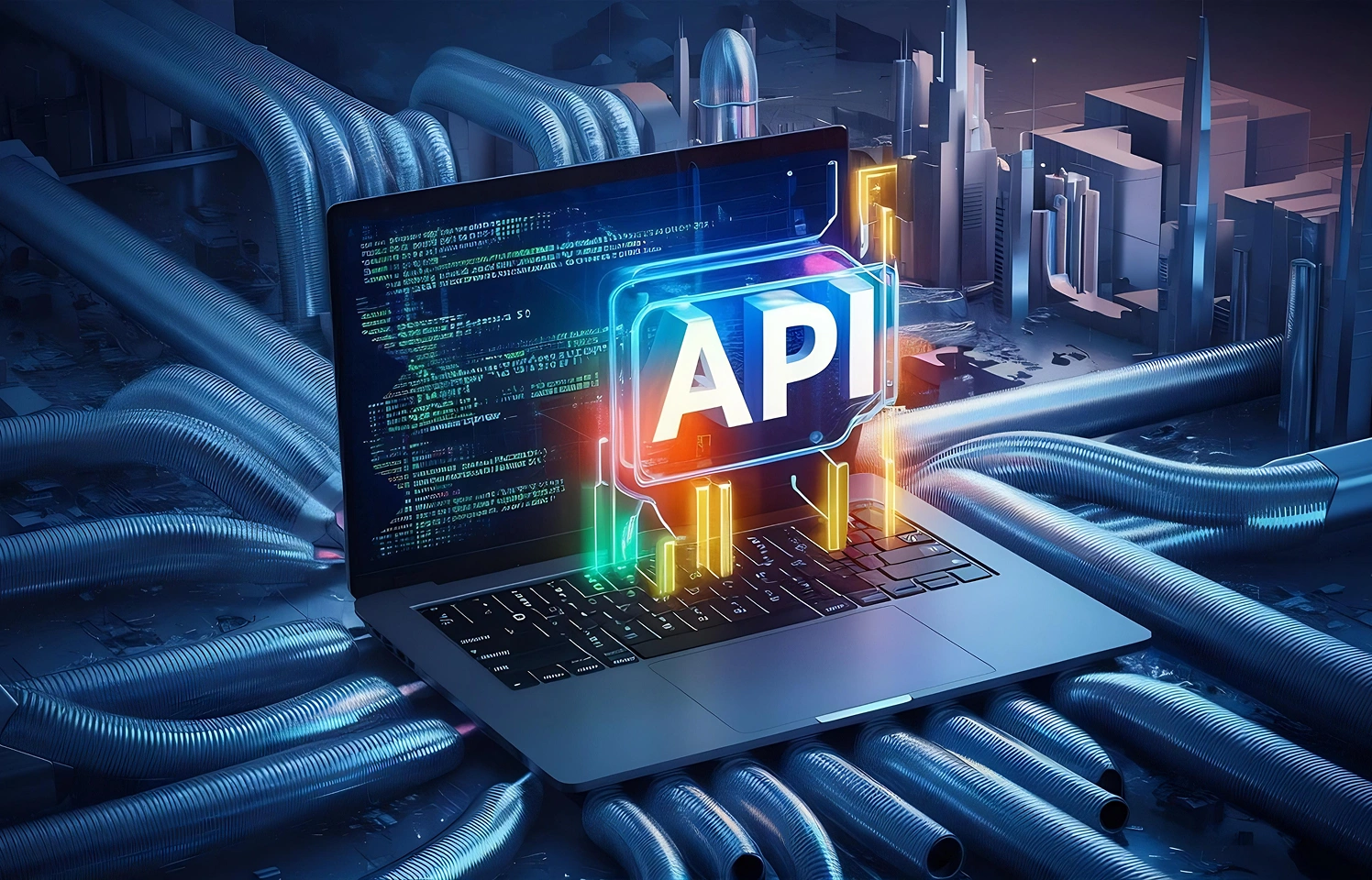By: Nilesh Jain
|
Published on: August 25, 2025
In today’s fast-paced digital world, enterprises are constantly looking for ways to stay ahead
of the competition and provide seamless, high-performance user experiences. One way to achieve
this is through native app development. Whether it's for iOS or Android, building native mobile
apps provides significant advantages, especially for businesses seeking secure, fast, and highly
functional applications.
In this blog, we’ll explore the benefits of native app development for enterprises, why
businesses should choose native mobile apps for business, and how this approach can improve
security, performance, and scalability.
What is Native App Development?
Native app development refers to creating mobile applications that are specifically built for a
particular operating system (OS), such as iOS or Android. These apps are developed using
programming languages and tools native to the platform, such as Swift or Objective-C for iOS,
and Java or Kotlin for Android.
Native apps are optimized for performance and can take full advantage of the device’s hardware,
like the camera, GPS, and sensors, which ensures a smoother, faster, and more responsive user
experience.
Benefits of Native App Development for Enterprises
1. High Performance and Speed
One of the key benefits of native app development is
high-performance mobile apps. Since the apps are built specifically for iOS or Android,
they can take full advantage of the platform's features, delivering fast and responsive
experiences. Native apps are optimized for the device's hardware, offering a smoother user
interface and faster load times, which are crucial for enterprise applications that require
reliability and speed.
- Faster processing speed: Native apps are faster because they interact directly with
the operating system and hardware.
- Optimized for platform capabilities: Native apps are built to perform well on
specific operating systems and devices.
2. Superior User Experience (UX)
Native mobile apps for business provide a better user experience by taking full advantage of the
operating system’s design guidelines and functionality. Whether you’re developing an app for iOS
or Android, native apps are tailored to the unique design standards of the platform, ensuring a
more intuitive and consistent experience for the end-user.
- Custom design elements: Native apps allow businesses to integrate the look and feel
of their brand while adhering to the platform’s design standards.
- Faster response time: With native code running directly on the device, users
experience smoother animations and interactions.
3. Security Features
When it comes to secure mobile app development, native apps offer an added layer of security.
Native apps can directly leverage the platform’s built-in security features, such as encryption,
secure APIs, and authentication methods. This is critical for enterprises that handle sensitive
business data and need to protect customer information from breaches.
- Built-in platform security: iOS and Android offer robust security systems like
biometrics (TouchID/FaceID), secure encryption, and data storage solutions.
- Less vulnerable to attacks: Native apps are harder to hack compared to hybrid apps
because they don’t rely on a web view.
4. Seamless Integration with Device Features
Native apps have access to all of the hardware features on the mobile device, including GPS,
camera, microphone, accelerometer, and other sensors. This level of access allows enterprises to
build applications that deliver highly integrated features, such as location-based services,
barcode scanning, or augmented reality functionalities.
- Better hardware utilization: Direct integration with device capabilities enhances app
performance.
- Access to platform-specific features: Businesses can make use of unique features of
iOS or Android, such as Apple Pay or Android Beam.
5. Scalability and Flexibility
For growing enterprises, the scalability of an app is vital. Native apps offer superior
scalability and flexibility when it comes to adding new features, supporting a growing user
base, or adapting to new devices. Native apps are easier to optimize for iOS and Android native
development since they are already built specifically for each platform, making future updates
smoother and faster.
- Easier to scale: As the business grows, so does the app. Native apps are built to
scale with increasing user demand.
- Future-proof: Native apps can evolve with new versions of the operating systems,
ensuring that businesses stay up-to-date with the latest technology.
6. Better Support for Complex Business Requirements
When developing enterprise mobile app development, businesses often require sophisticated
functionalities, integrations with other enterprise systems, and custom workflows. Native apps
can handle complex business requirements more efficiently than hybrid apps. Whether it’s
integrating with your CRM, ERP, or other internal systems, native apps offer seamless
communication and better performance.
- Custom functionalities: Native apps allow for the development of custom features that
align with business needs.
- Enhanced integration: Enterprises can integrate their native apps with other
enterprise solutions, like databases, inventory management, and payment gateways.
7. Native vs Hybrid App Development: Why Choose Native?
While hybrid app development allows businesses to build cross-platform apps using a single
codebase, native app development remains the best option for enterprises seeking high
performance, security, and a seamless user experience. Here’s a quick comparison:
| Feature |
Native App |
Hybrid App |
| Performance |
Excellent |
Good |
| Access to Device Features |
Full access |
Limited |
| User Experience |
Superior |
Moderate |
| Security |
High |
Moderate |
| Development Time |
Longer |
Shorter |
| Cost |
Higher |
Lower |
While native apps might take more time and investment to develop, the long-term benefits for
enterprises—especially in terms of performance and security—make it the ideal choice.
How Native App Development Benefits Enterprises in the UAE
For businesses in the UAE,
custom mobile app development offers a competitive edge. Enterprises
can develop apps tailored to their specific needs, leveraging the latest technologies and
platform-specific capabilities. Moreover, building native apps ensures compliance with strict
regulations around data security, which is a growing concern for enterprises in the region.
By opting for native mobile apps for business, companies in the UAE can better serve their
customers, enhance their operational efficiency, and drive growth in an increasingly competitive
market.
Conclusion
Native app development is the best choice for enterprises looking to build secure,
high-performance, and scalable mobile apps. With native apps for business, enterprises can
ensure a superior user experience, better performance, and enhanced security. Although it
requires a larger initial investment compared to hybrid apps, the long-term benefits of native
development make it the preferred choice for businesses focused on quality and growth.































































































